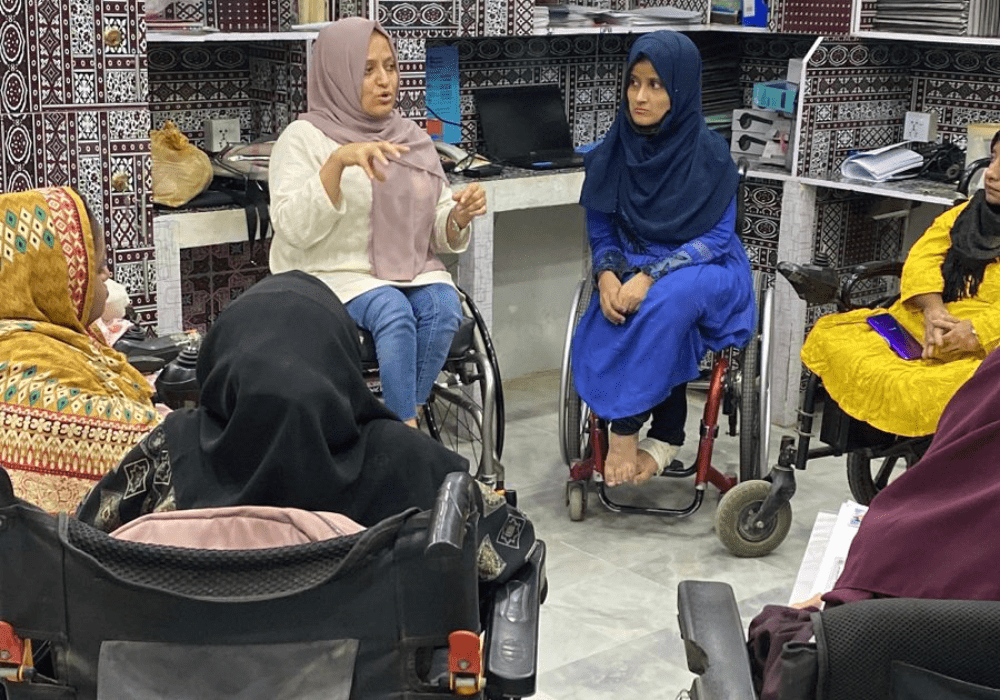Subtotal $0.00
For generations, education for women with disabilities was considered either unnecessary or impossible. Many families, especially in underserved regions, believed that a girl born with a disability had no meaningful future beyond dependency. But today, stories of transformation are rewriting that narrative.
Take Huma, a visually impaired woman from a small town who was discouraged from attending school after the age of 10. Her father believed that education wouldn’t serve a blind girl in marriage or family life. But her mother quietly kept teaching her at home using recorded lessons and braille books that she managed to borrow from a teacher in the city.
Years later, Huma passed her matriculation exams with distinction. She later enrolled in university traveling hours every week using public transport, often enduring physical barriers and social mockery. Despite these challenges, she earned her master’s degree and is now a teacher at a local school, mentoring other visually impaired girls.
Her journey proves that the first step to empowerment is access. When disabled women are educated, they become independent thinkers, income earners, and community leaders. Education equips them not only with knowledge but also with the confidence to navigate an often-inaccessible world.
However, challenges persist:
- Inaccessible school buildings, especially in rural areas, make attendance difficult.
- Lack of trained teachers to accommodate different disabilities reduces the quality of learning.
- Negative societal attitudes can discourage families from investing in disabled daughters’ futures.
To change this, awareness must go hand-in-hand with infrastructure. Schools should be inclusive by design, and teachers must be trained in inclusive methods. Moreover, community support and parent education are vital in changing mindsets around disability.
Investing in the education of disabled women doesn’t only improve individual lives, it raises literacy rates, reduces poverty, and fosters a more inclusive society. The ripple effects can last generations.


